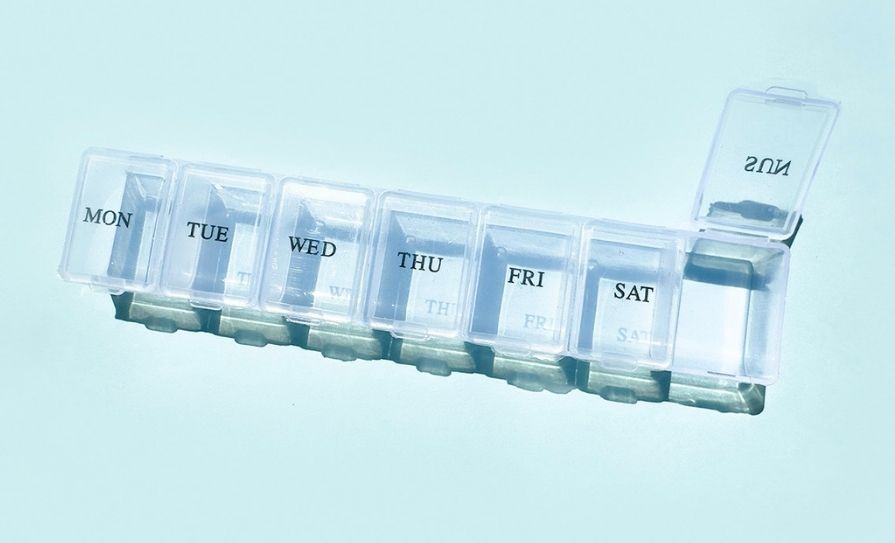Catherine Reilly reports that a draft technical accounting review found how non-drug costs under the National Hepatitis C Treatment Programme were recorded as drug expenditure, including for ‘critical staff resources’ in a hepatology unit
The draft review into drug reimbursement by KOSI Corporation, seen under Freedom of Information law, recommended that any non-drug related expenditure paid by the Primary Care Reimbursement Service (PCRS) and associated income received by acute hospitals should be accounted separately to the purchase of hepatitis C medications.
Five sample hospitals were chosen, with the purpose of identifying current accounting treatment and how it might differ from that of the PCRS.
“As part of our work on-site with Cork University Hospital [CUH], KOSI identified an additional €100k of income received by CUH from PCRS during April 2016. This income was paid to CUH by PCRS during 2016 to allow for the funding of critical staff resources required on-site in the hepatology unit,” according to the review.
“Despite this being a pay cost, the expenditure has been accounted for by PCRS as hep C programme cost (along with all drug expenditure) and equally has been accounted for by CUH in the same manner as all other PCRS income relating to drugs.”
There were also non-drug costs identified as having been paid to St James’s Hospital, Dublin, during 2016.
“Review with PCRS and the Hep C Treatment Programme Manager resulted in knowledge of non-drug costs which are paid to St James’s,” outlined the review.
These included the cost of seconding Prof Suzanne Norris from St James’s to the role of Clinical Lead of the national hepatitis C programme from February 2016 to February 2017.
It also included part-year costs of employing a basic grade pharmacist, pharmacy technician, data manager and clinical nurse specialist at St James’s (€45,508) and a further €105,000 with the purpose redacted.
KOSI identified a payment of €112,930 to St Vincent’s University Hospital, Dublin, with the purpose redacted, and a further €97,060 for pharmacist and nurse part-year staffing costs.
Part-year costs for a pharmacist at the Mater (€37,000) and a staff nurse at Galway University Hospital (€18,000) were also highlighted.
“It is recommended that any split under this scheme for drug costs and non-drug costs is reported as such on an ongoing continual basis throughout the financial year.”
The HSE stated hepatitis C programme costs are split between pay and non-pay and are reported as such. “PCRS have (and had) two separate general ledger accounts for the hep C programme, one for drug costs and one non-drug costs. The monthly performance report details the overall hep C programme costs, whereas the monthly management accounts split the programme costs between drugs/medicines and non-drug costs.”
The draft report has not as yet been updated to reflect changes suggested by the stakeholders, according to the HSE. The cost of the report was €15,375, inclusive of VAT.







